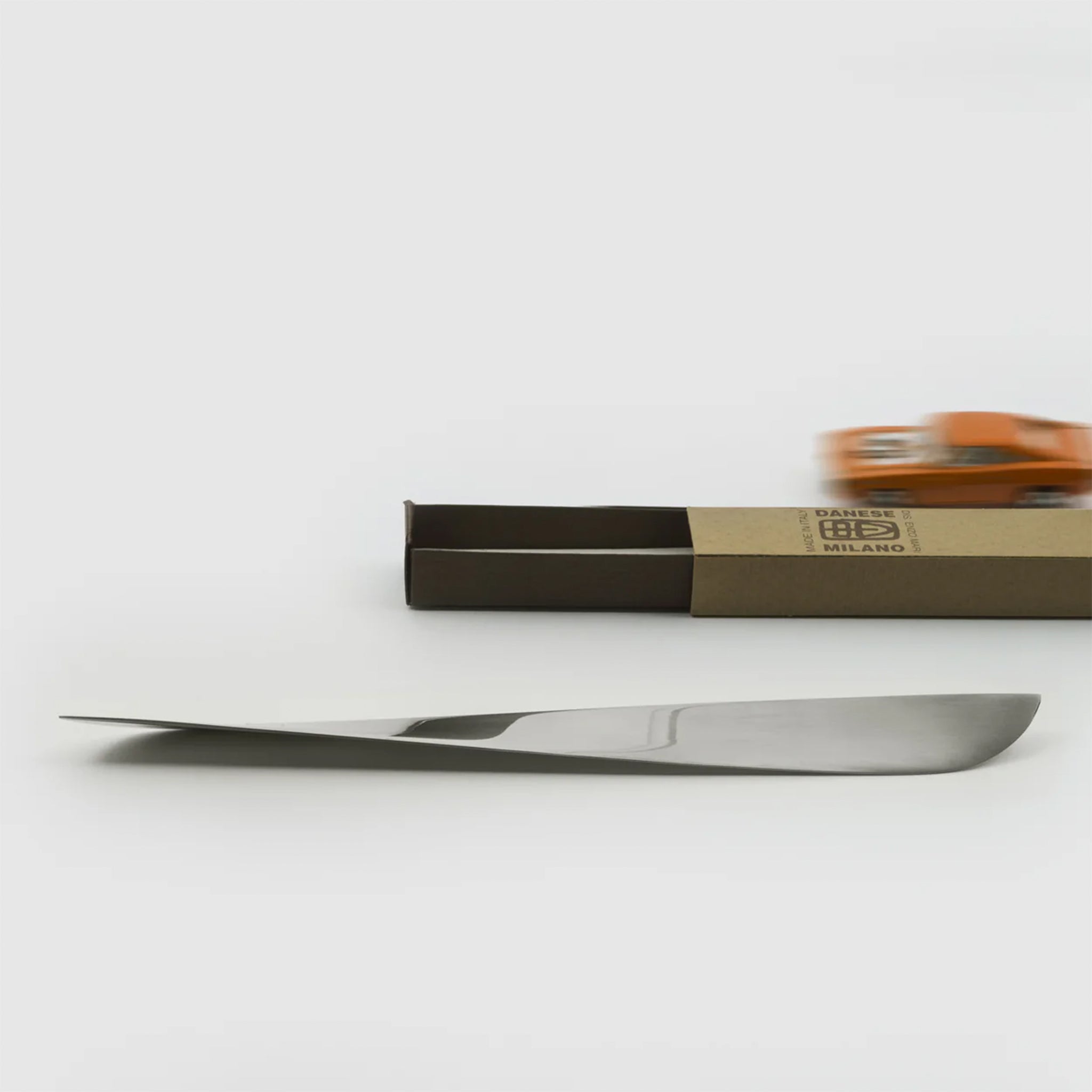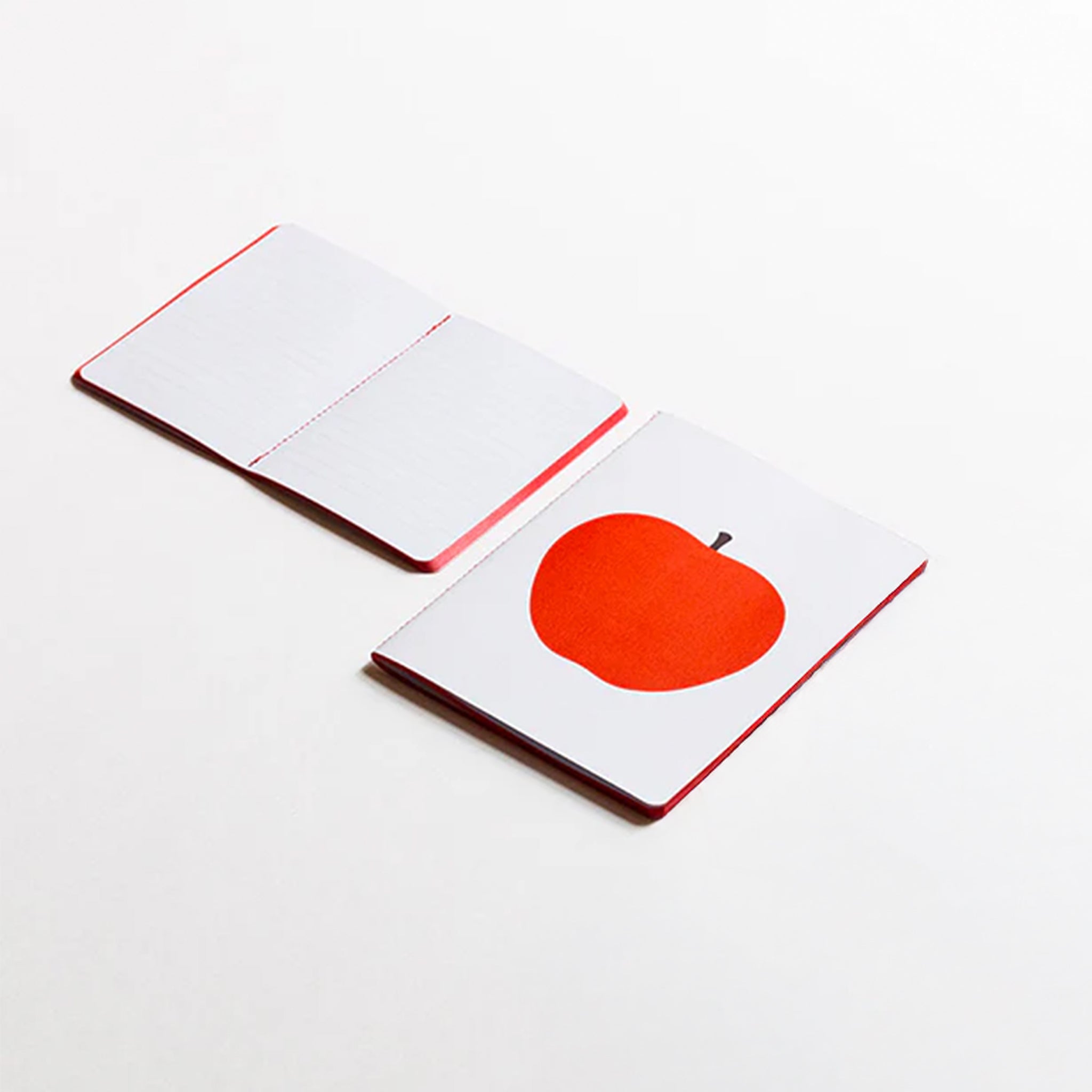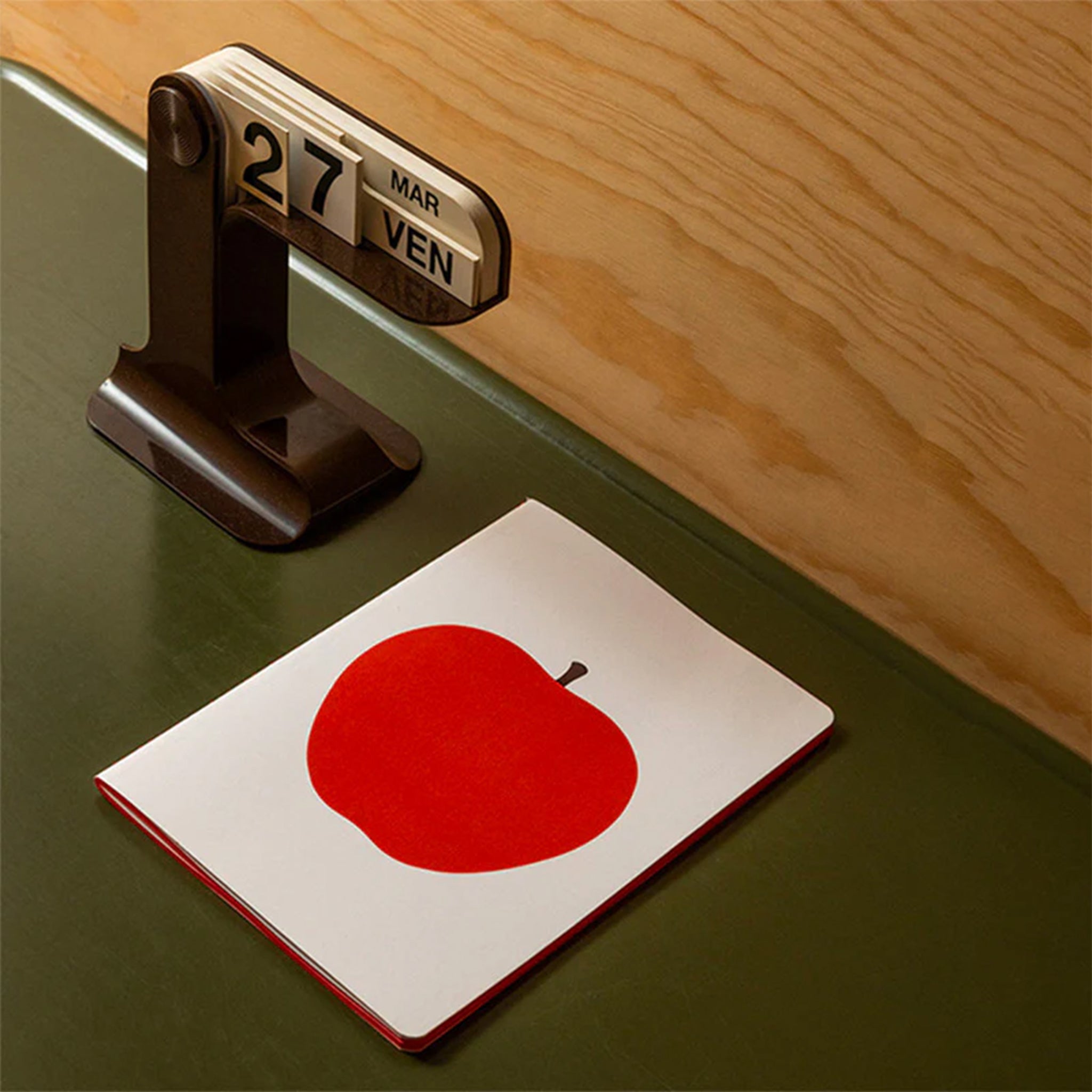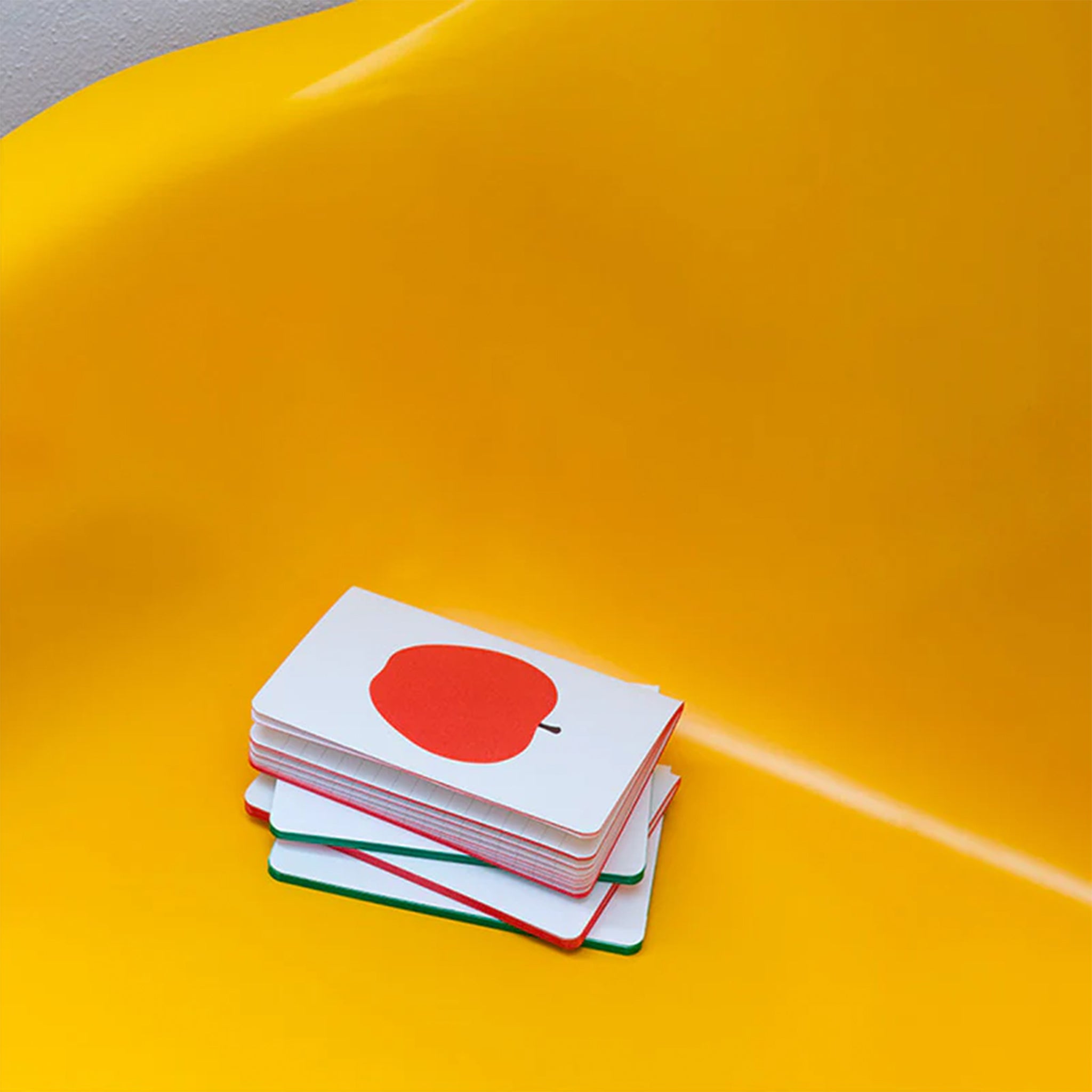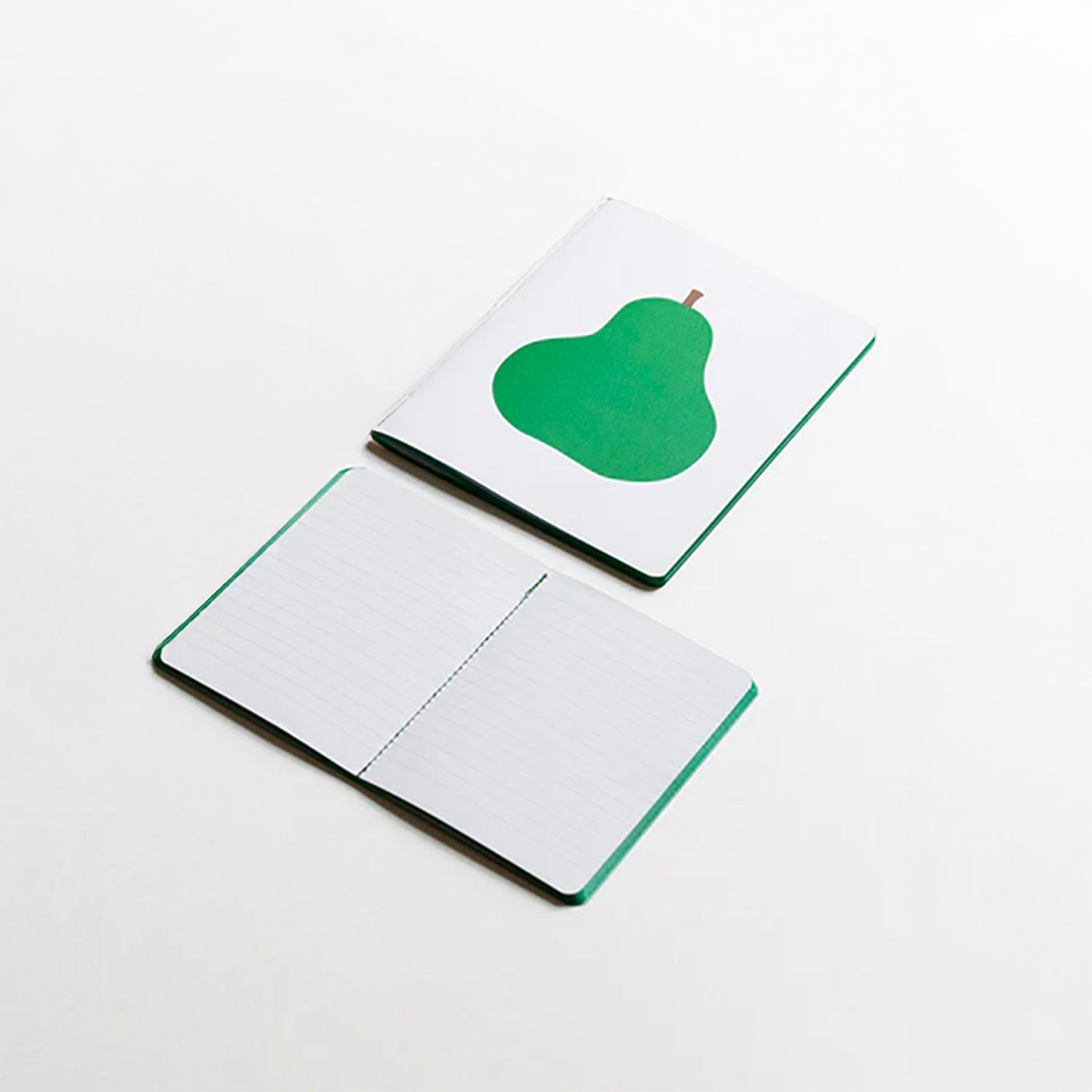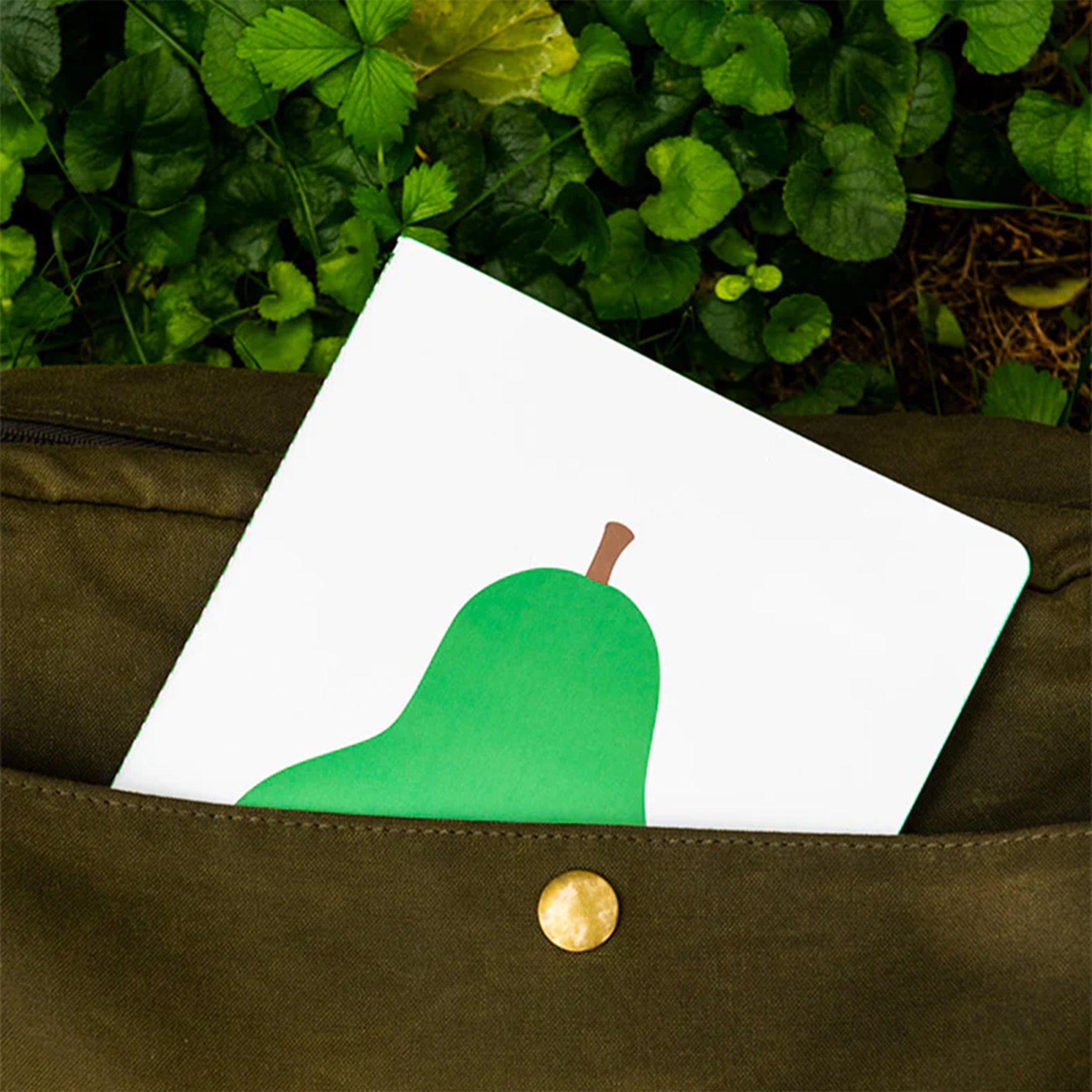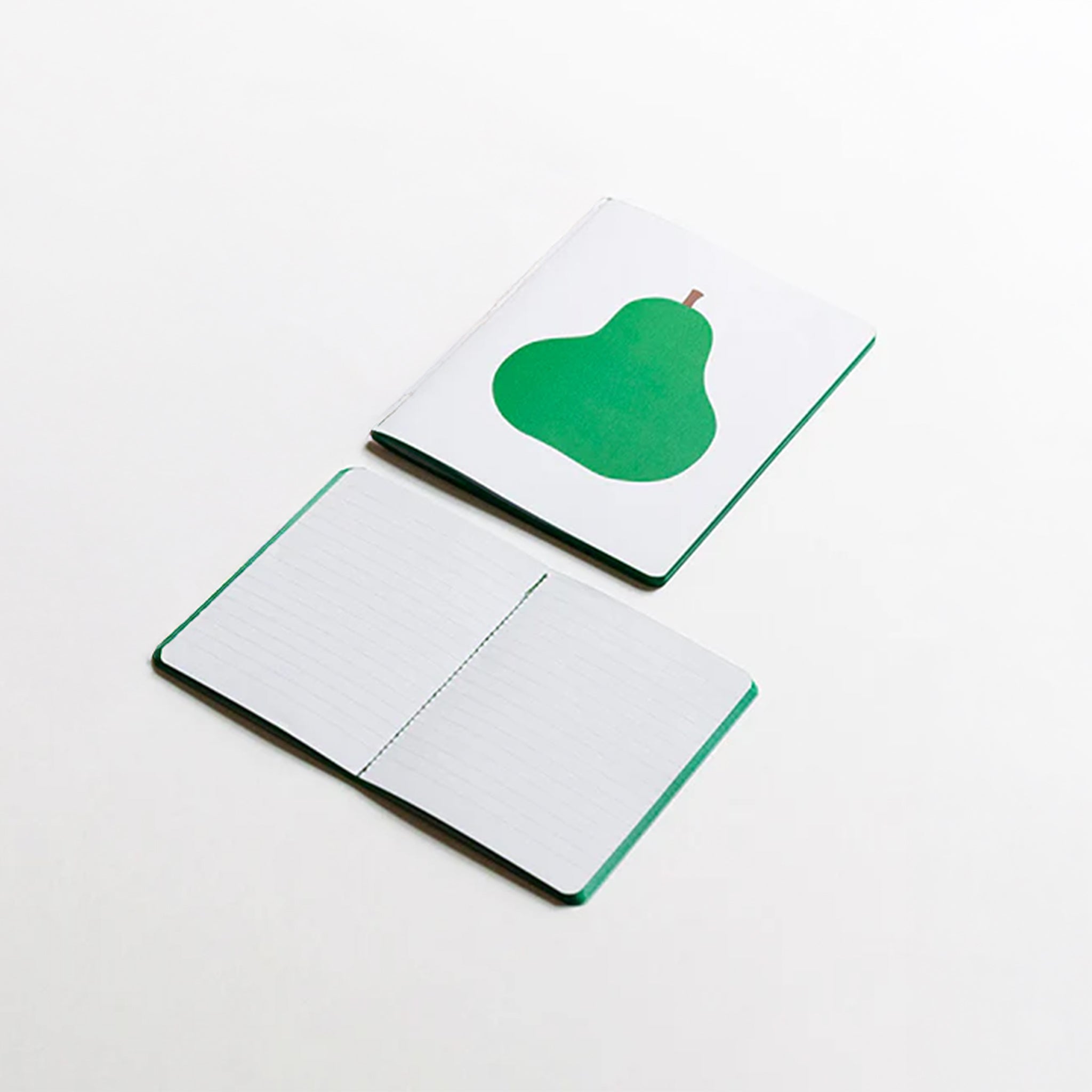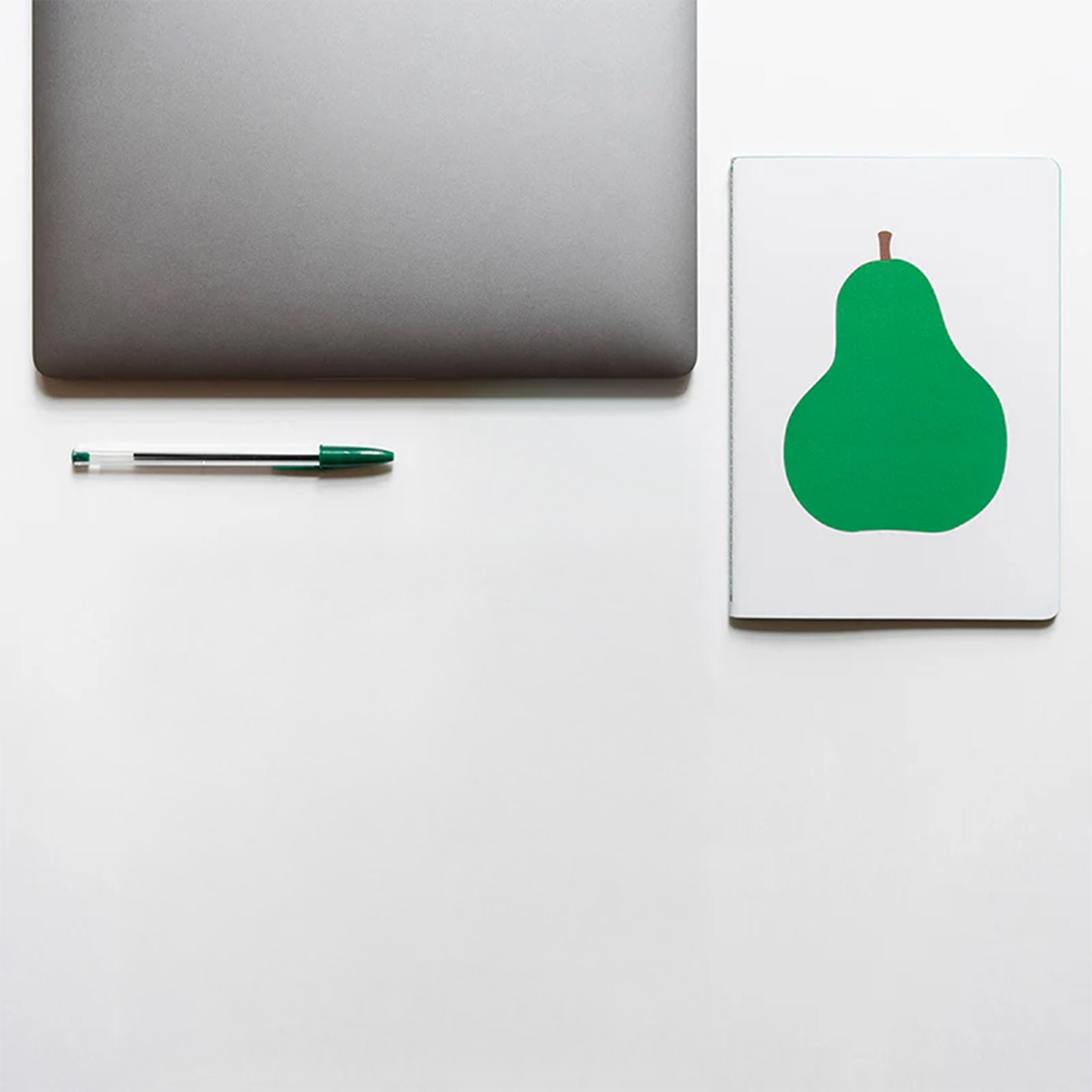
Timor Red English Calendar | Enzo Mari 1959
Description
Timor Perpetual Calendar – Enzo Mari, 1967
Timor is a perpetual calendar designed by legendary designer Enzo Mari in 1967. PVC cards representing the days of the week, months of the year, and dates are fixed around a central pivot, allowing the user to easily fan out the cards to create the right combination. Its modular and flexible structure allows for different arrangements, and it boasts the advantages of plastic, making it waterproof, washable, and reversible. Its timeless design and functionality make it a permanent fixture on your desktop.

SKU: DE3079A16E
PRODUCT DETAILS
PRODUCT CARE
BRAND: Danese Milano
FREE SHIPPING

3 INSTALLMENTS FOR CASH PRICE
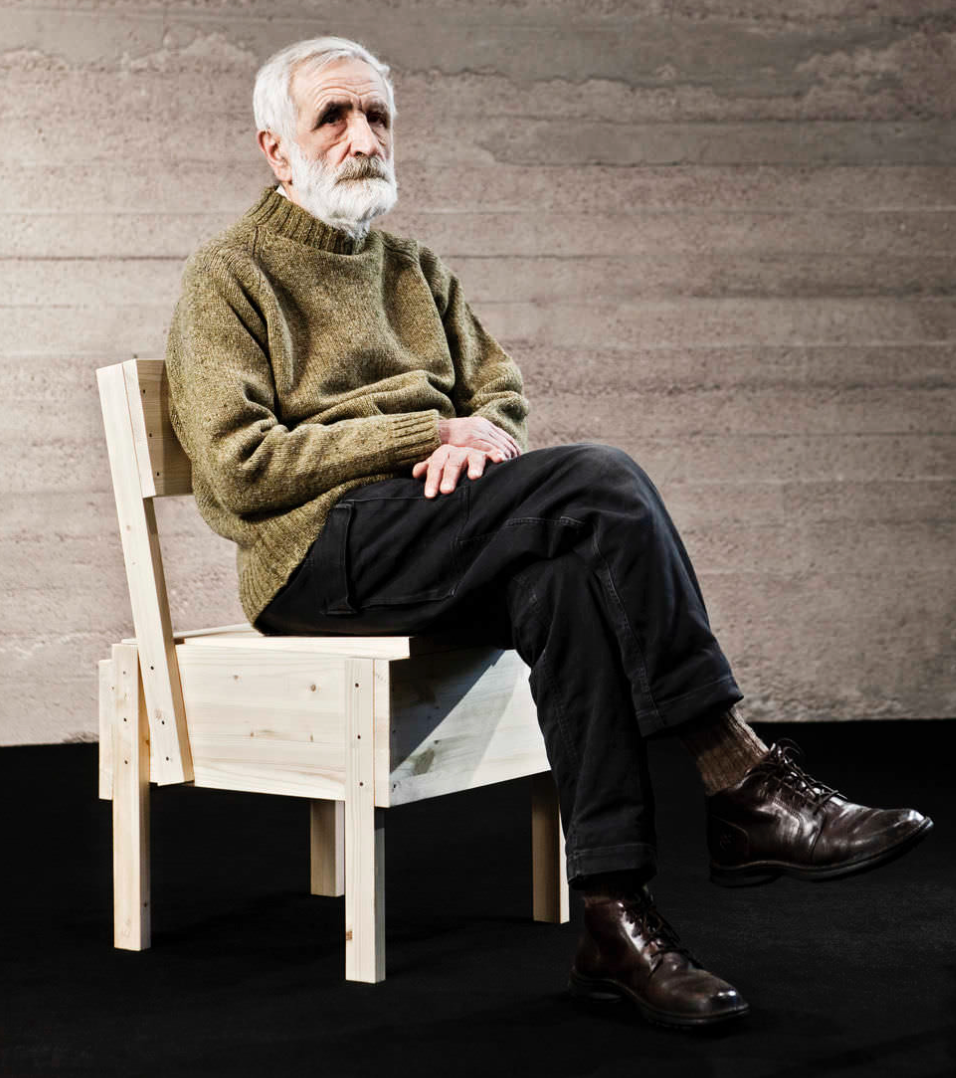
DESIGNER OF THE PRODUCT














